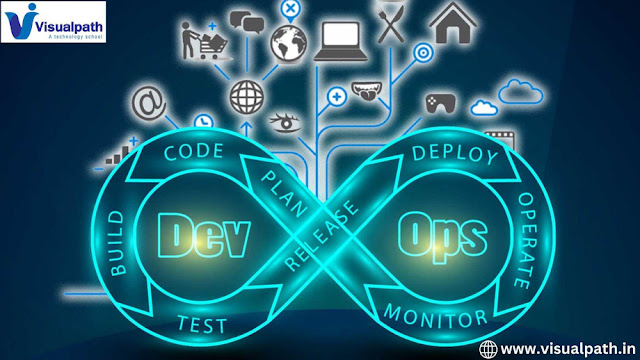
DevOps . The term itself evokes images of streamlined efficiency, rapid software delivery, and a harmonious collaboration between developers and operations teams. But what exactly is DevOps? Is it just a fancy buzzword, or is there something more profound at play? DevOps is, in essence, a cultural shift within the software development landscape. It's a philosophy that emphasizes breaking down silos between development and operations, fostering a spirit of collaboration, and leveraging automation to achieve faster, more reliable software delivery. It's not simply a set of tools, although tools do play a crucial role. It's a holistic approach that encompasses people, processes, and practices. The Historical Divide: Development vs. Operations Traditionally, software development and operations existed in separate worlds. Developers focused on writing code, while operations handled deployment, infrastructure management, and troubleshooting. This siloed approach often led to

.jpg)
.jpg)
.jpg)